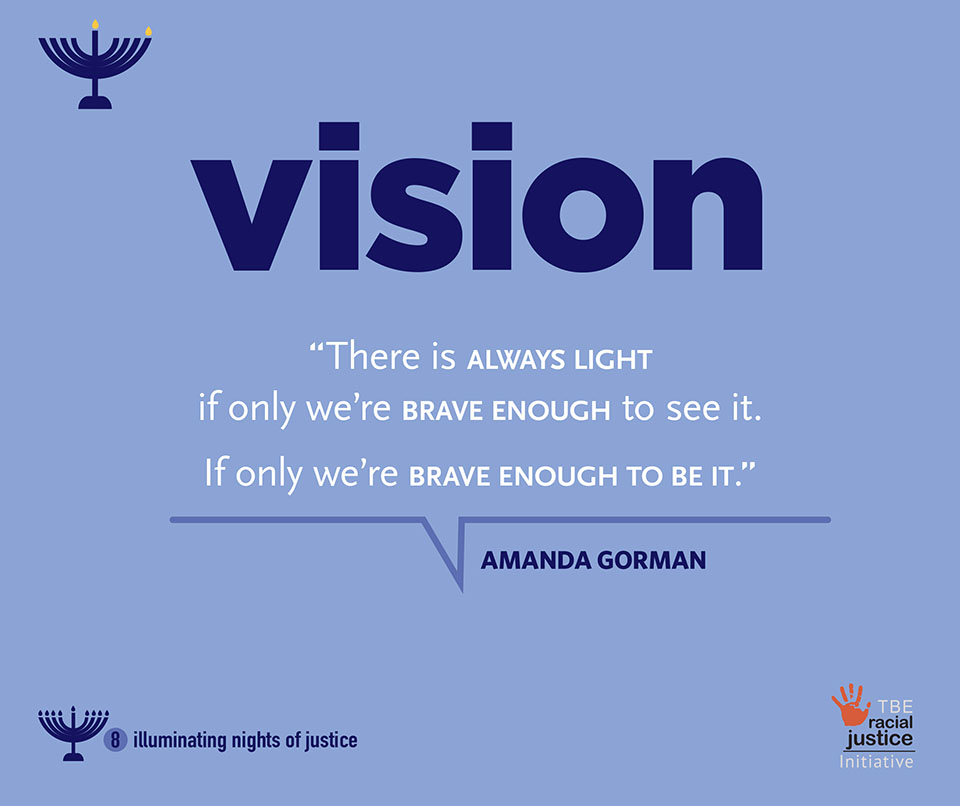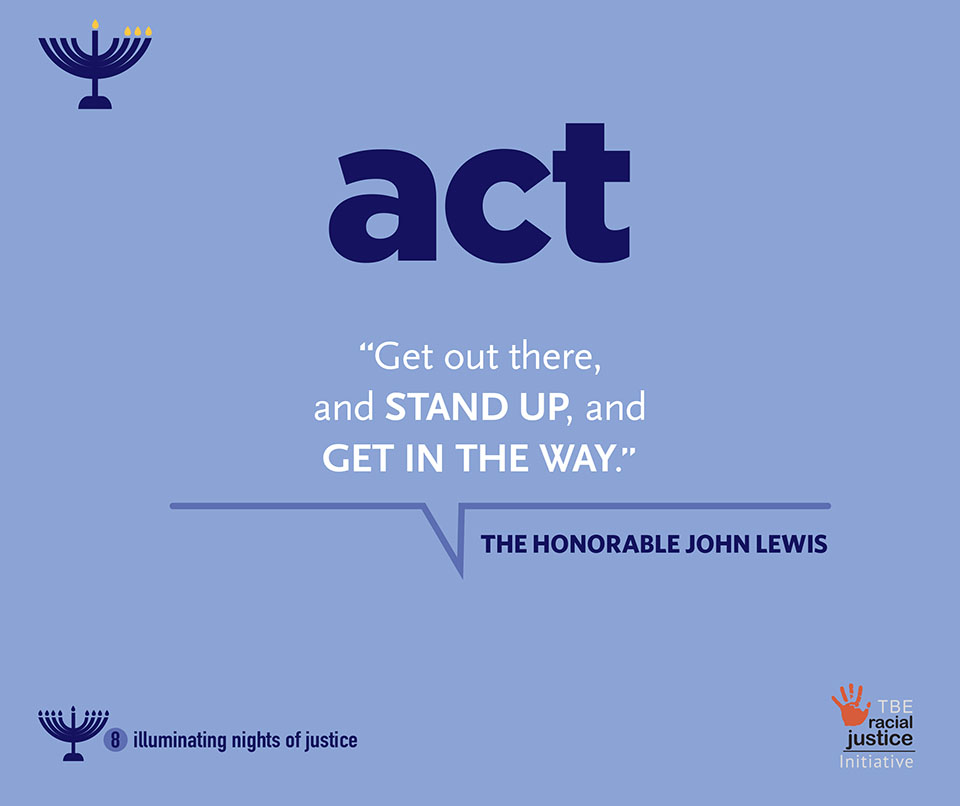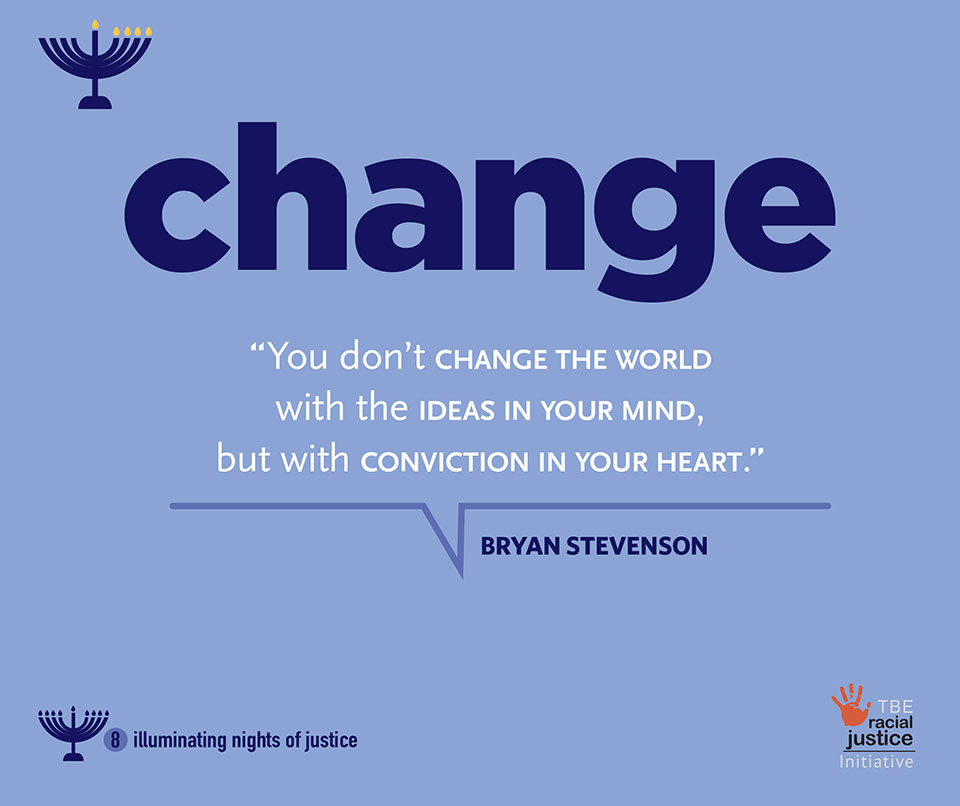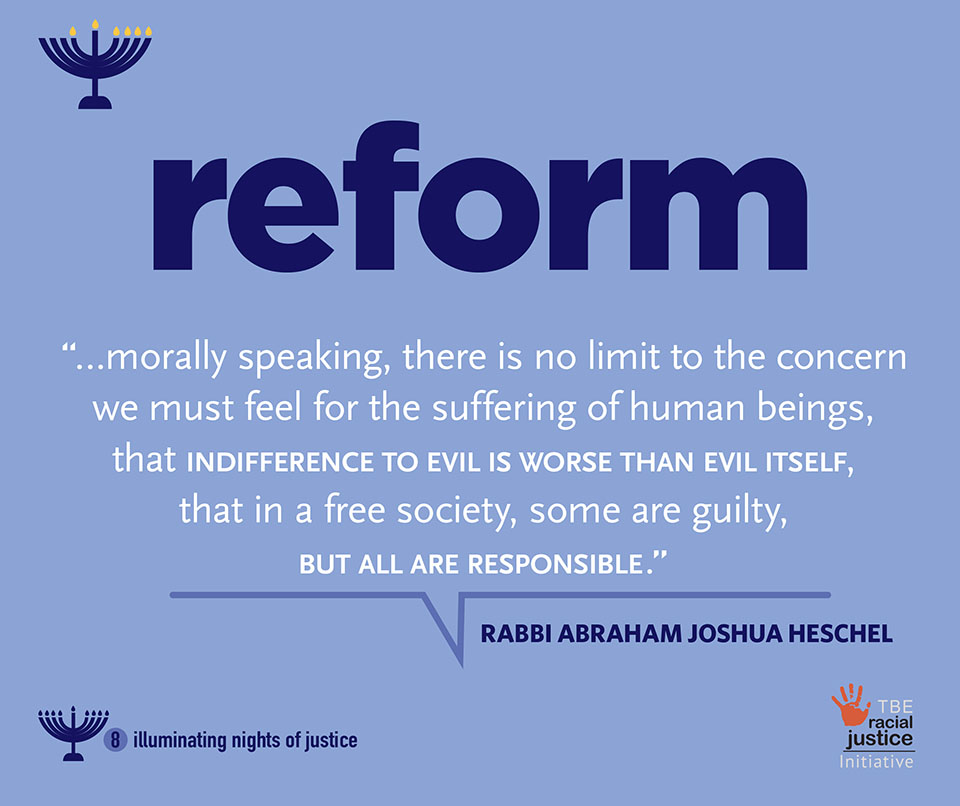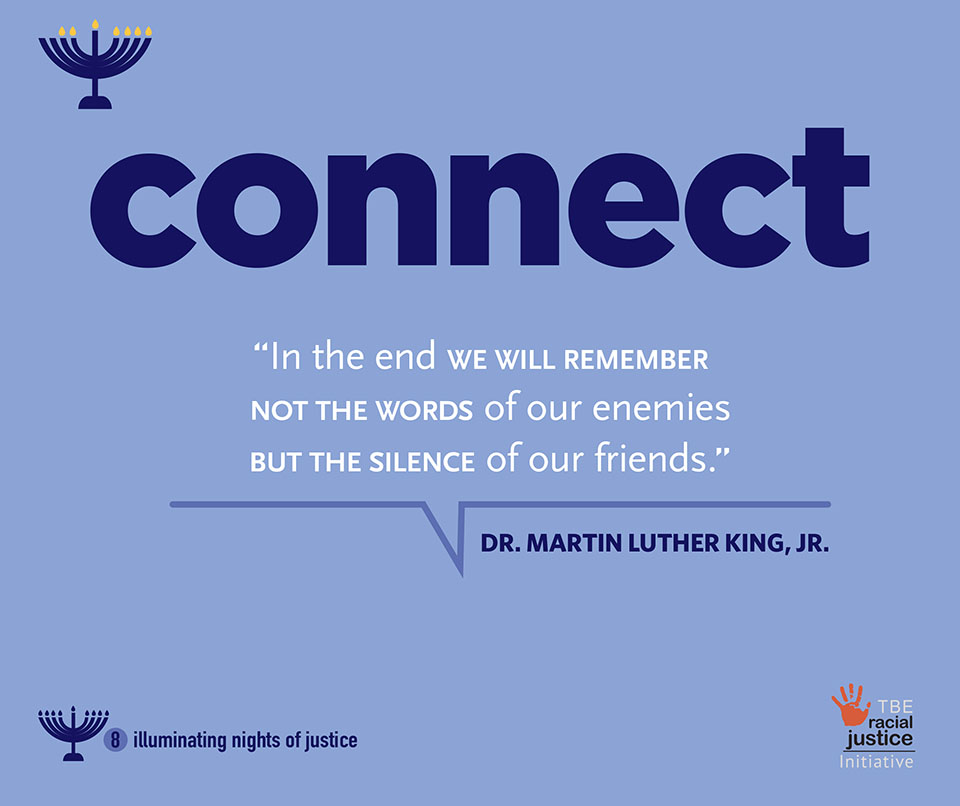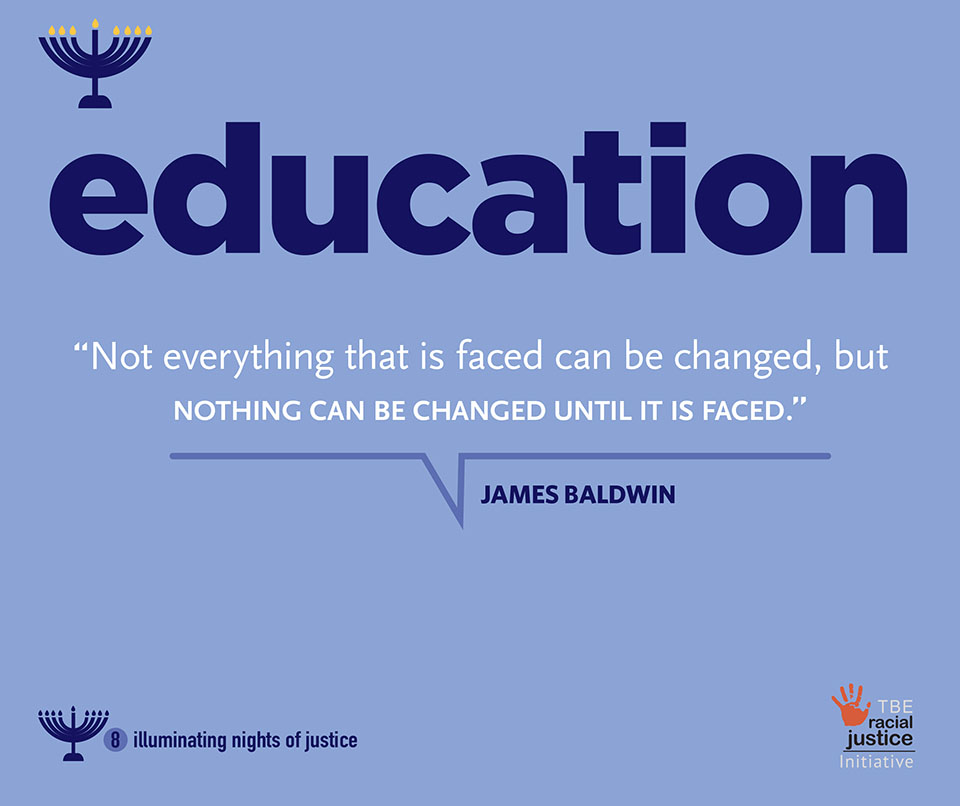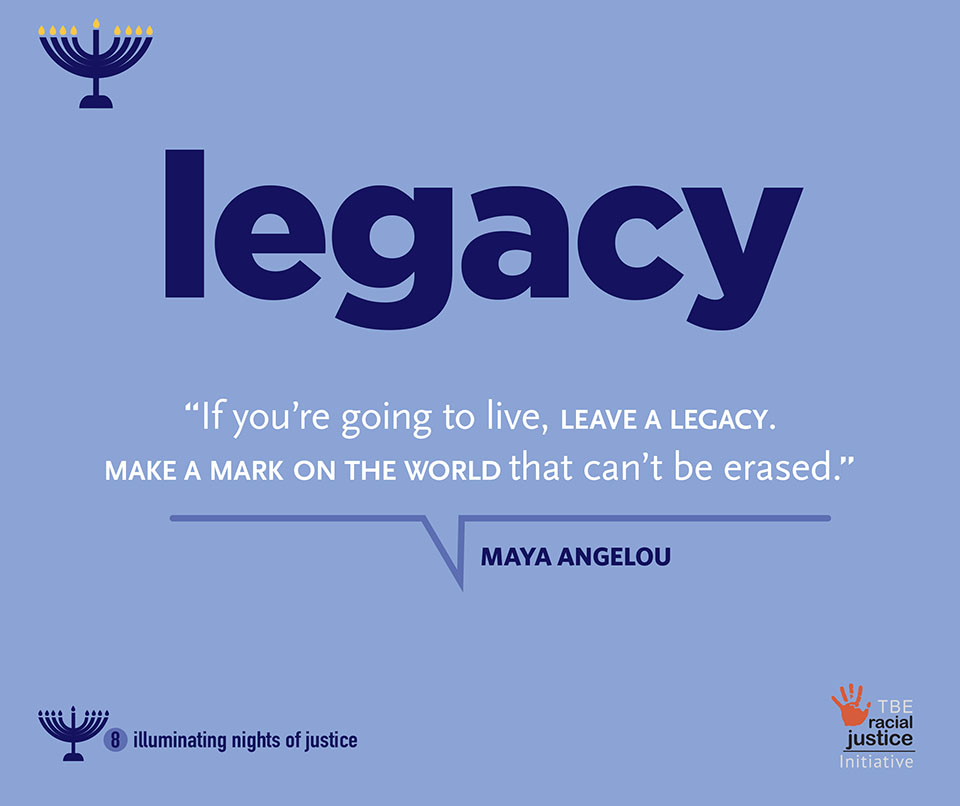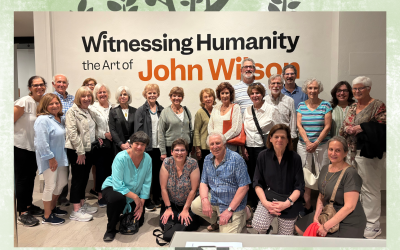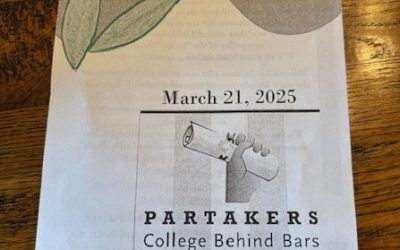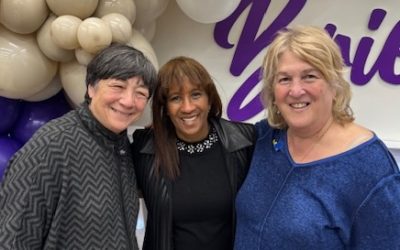COMMUNITY ENGAGEMENT | REPAIR THE WORLD
Racial Justice Initiative
“It is upon me to receive the mitzvah of the Creator, to love your neighbor as yourself.”
Our Mission
The Racial Justice Initiative (RJI) was formed in 2016 to provide opportunities to deepen our understanding of how racism impacts our economic, social and justice systems, and how we can work together to address these racial inequities. Click here to view a pamphlet highlighting RJI’s work over the last nine year.
The Legacy of Racism
- The Federal Reserve Bank of Boston found that the median net worth of a black family in Boston was $8.50 compared to $247,500 for a white family.
- People of color are 7 times more likely to be imprisoned than whites—1/15 African American men vs. 1/106 white men. By the age of 14, approximately 25% of African American children have experienced a parent being imprisoned for some period of time, compared to 4% of white children.
- Public school segregation is worst in the Northeastern states, with schools serving the largest African American populations severely underfunded and underperforming. In Boston, black and brown children often perform two grades below their white peers.
- While the majority of the nation are homeowners, people of color are much less likely to own their own homes than whites—71.9% vs 42.3%.
Our Guiding Principles
Reflect: Deepen congregants’ understanding of racism through increased awareness and knowledge of the historic and present systems in our society that contribute to racial inequities.
Relate: Develop collaborative relationships within the Jewish community and across people of different races to advance racial justice.
Reform: Affect meaningful change, at the local, state and national levels, to increase awareness, promote positive actions and create transformative public policies and legislation that advance racial equity. Areas of focus may include education, environmental justice, food insufficiency, health care, housing, law enforcement and criminal justice, voting rights, wealth creation and other issues that result in inequities.
These principles are based on the Religious Action Center of Reform Judaism (RAC)’s Racial Justice Campaign model.
Subcommittees
Reflect (Education)
Offer educational opportunities that enhance our understanding and self-awareness of racism and racial injustice. Activities include film and book discussions; keynote speakers and panel presentations; art and museum exhibits; and tours/excursions.
Contact
Ediss Gandelman
Paula Kahn
Relate (Direct Service)
Develop relationships through direct engagement with communities, agencies, and individuals impacted by racism and racial injustice including partnerships with community-based organizations, resident groups and interfaith groups.
Reform (Action and Advocacy)
Engage in action and advocacy for legislative and other systemic change. RJI is currently participating with the Greater Boston Interfaith Organization (GBIO) to take action in support of: increasing the budget for the Office of Returning Citizens from $300,000 to $1.9 M, eliminating parole/probation fees and providing expeditious IDs—passing the transfer fee to support affordable housing as well as efforts focused on mental health initiatives.
Contact
Sheri Kassirer
Eric Ruder
Partnerships
William Monroe Trotter School
The Trotter School is an urban magnet school in Dorchester that provides high-quality education and amazing opportunities to students from Dorchester, Roxbury, Mattapan, Mission Hill, Jamaica Plain, South Boston, and Hyde Park.

Partakers
Partakers advances the education of women and men in prison and bridges the divide that separates those inside and outside of prison. Through its College Behind Bars mentoring program, people in prison enhance skills critical to completing a college degree, and build trusting personal relationships. Partakers Empowerment Program (PEP) mentors recently released individuals as they navigate the challenges and opportunities of the post-prison transition.
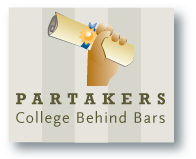
Greater Grove Hall Main Streets
Greater Grove Hall Main Streets (GGHMS) is committed to promoting a diverse business district while maintaining our neighborhood’s historical character, encouraging innovative and creative techniques for fostering economic development that enriches the lives of business owners, employees, and residents of our community.

Building a Better Wellesley
Building a Better Wellesley advocates for attainable and affordable housing. They support housing that creates economic and racial diversity, provides homes for downsizing seniors, maintains family support networks, allows Wellesley’s workforce to be Wellesley residents, enables young families to set down roots, strengthens retail centers and builds a more sustainable environment.
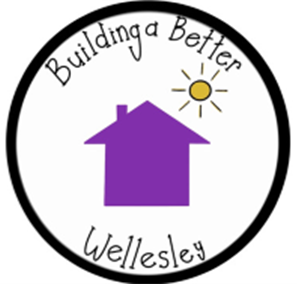
Engine 6
Engine 6 is a voluntary association of residents of Newton, MA, who advocate for fair, affordable, and diverse housing—in abundance. We seek to hold City government accountable to its own planning and housing pledges and to all fair housing and civil rights laws.

Equal Justice Needham
We advocate for the reallocation of our public resources and realignment of our policies to bring them in line with our community values. Examples include desegregating the Boston region through efforts like updating zoning to allow for more housing choice and greater transparency and involvement in our local government.
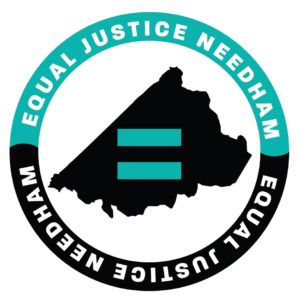
Jewish Alliance for Law and Social Action
The Jewish Alliance for Law and Social Action is devoted to engaging the community in promoting civil rights, protecting civil liberties and achieving social, economic, environmental, and racial justice.
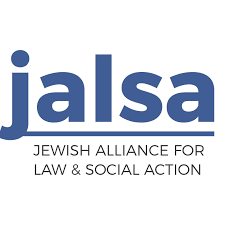
MA Coalition to Prevent Gun Violence
The Massachusetts Coalition to Prevent Gun Violence brings together impacted communities, advocates, public health experts and policy-makers to prevent gun violence in all its forms through education, policy analysis, trauma-informed advocacy, and by amplifying the voices of impacted individuals and communities.

Citizens Housing and Planning Association
Citizens’ Housing and Planning Association (CHAPA)’s mission is to encourage the production and preservation of housing that is affordable to low and moderate-income families and individuals and to foster diverse and sustainable communities through planning and community development.
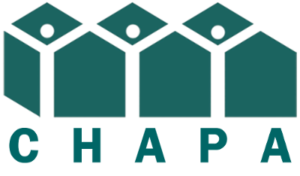
RJI in action
Watch recordings from our events, view our resources, and engage with ongoing opportunities to expand our understanding of the effects of racism.
Resources
Restorative Justice & Criminal Justice Reform
Economic Justice
COVID-19
Early in the U.S. pandemic, COVID-19 was dubbed “the
Great Equalizer,” a virus that exempted no one. But as
the pandemic has unfolded,
evidence mounts of its very unequal impact, with stark racial and socioeconomic disparities in morbidity and mortality.
Resoures for the “Unequal Impact of COVID-19” event
Slides from “Unequal Impact of COVID-19” presentation
News & Updates
Witnessing Humanity: The Art of John Wilson
RJI members toured the MFA’s John Wilson exhibit, exploring his powerful art on Black identity, social justice, and humanity, honoring his Roxbury roots.
What Freedom Looks Like: Partakers Mentor Appreciation Event
On March 21, a first-of-its-kind celebratory event was held at MCI Norfolk Prison, bringing together Partakers mentors, their mentees from the College Behind Bars Program, and the Emerson Prison Initiative professors.
There Are No Throw-away People
There are no throw-away people! This theme was repeated throughout the April 11 celebratory grand opening of Brie’s Way, the latest enterprise of Justice 4 Housing (J4H). Founded by Leslie Credle, this new program expands J4H’s capacity to empower survivors of incarceration through educational services focused on technology and entrepreneurship.

